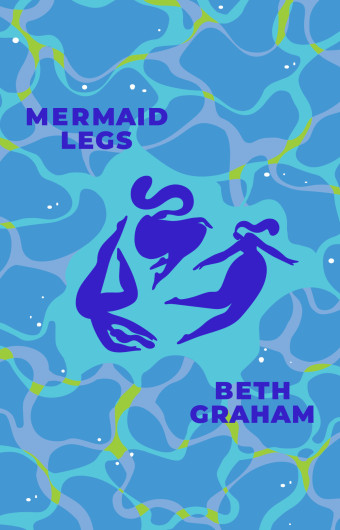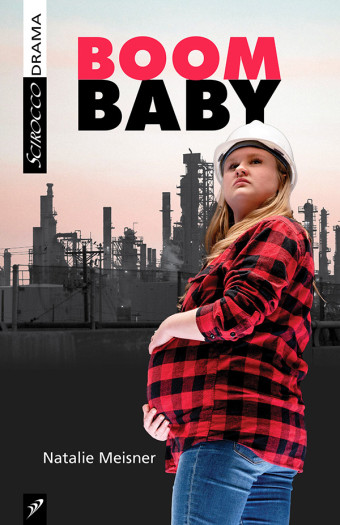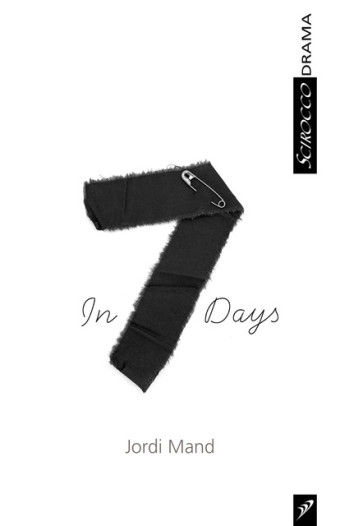Currently, American Sign Language is blossoming in the theatre community, including in musicals. People are recognizing its importance in building cultural understanding between hearing and Deaf communities by removing communication barriers. The musical The Black Drum, written by Saskatoon-based Deaf writer Adam Pottle, was performed in Toronto in 2019, demonstrating that powerful plays can be performed by Deaf actors.

- The Black Drum
- Adam Pottle
- Playwrights Canada Press
- $18.95 Paperback, 96 pages
- ISBN: 978-03-69104-86-1
Pottle, who has written in diverse genres including plays, memoirs, novels, and children’s books, decided to write The Black Drum when Joanne Cripps from the Canadian Cultural Society for the Deaf in Toronto asked him if he would be interested in writing the story for a Deaf musical.
While Pottle had some musical background – he’s played drums since he was 12 – and he’d written a play before, this undertaking proved to be a challenge.
“Writing a musical for Deaf performers is another thing entirely. We wanted to centre the play on the idea that music is not just something you hear; it’s also something you can see, something you can feel,” Pottle says.
“I was born Deaf, but I grew up in a hearing family, so as I was writing this play, I was grappling with my own conception of music and doing a lot of unlearning, detaching myself from the deeply embedded tentacles of the hearing world. The concept of Signed Music was so new, we had to invent a sign for it. It was a sticky process, but the result was amazing.”
Pottle notes the limitations of capturing a very visual performance in a book. “It’s hard to convey the beauty and majesty of Signed Music on the page – what readers will see is just the English translation, not the actual notation or signs. Signed Music is built for the stage,” he says.
“I do hope that readers enjoy the story, though. It’s a mix of Alice Through the Looking Glass and Nosferatu and The Cabinet of Dr. Caligari. I also hope that theatre performers see in this play new possibilities of what we can bring to the stage, what kinds of stories we can tell.”

Pottle is hoping The Black Drum will open eyes and hearts.
“I hope that readers and audience members see the possibilities in welcoming new stories into the world. I hope they’re inspired to learn sign language and to seek out other works by Deaf artists and disabled artists. I hope they challenge themselves to consider their own views of Deaf people and the history of oppression we’ve had to contend with, and that we still contend with,” he says.
Part of that oppression faced by Deaf people is the lack of space and opportunity to express themselves and the “extraordinary beauty and power” they hold.
“The hearing world has a habit of feeding crumbs to Deaf artists: they let us have a moment, then force us back to the margins,” says Pottle. “But there are millions of Deaf and hard-of-hearing people around the world. We’re permanent fixtures in the artistic landscape.
“Soon, those margins are going to explode, and all our stories are going to spill out.”













